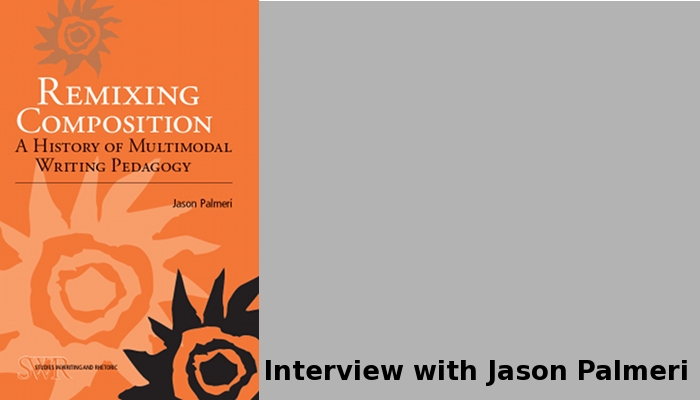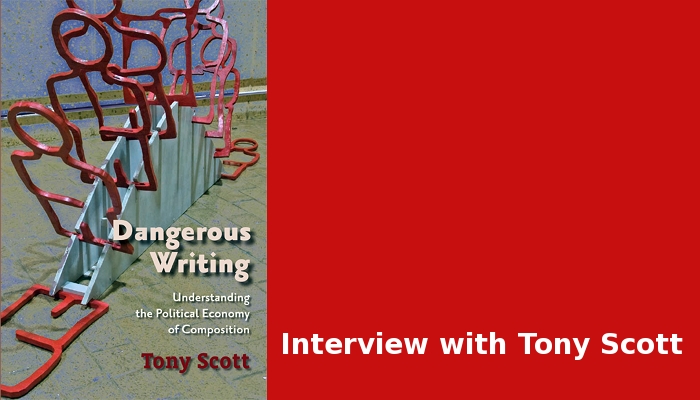In Networking Arguments, Rebecca Dingo enacts a feminist transnational rhetorical analysis of global policies and conferences that are about women’s role in a global economy. Focusing on three rhetorical commonplaces—gender mainstreaming, fitness, and empowerment—Dingo extends traditional rhetorical analysis to account for how arguments shift rhetorically as they are networked. Our conversation begins by us discussing the differences between the three feminist transnational terms Dingo uses to explain exactly how rhetorics shift: transcoding, ideological trafficking, and interarticulation. As we talk about gender mainstreaming—the development of policies that are intended to promote gender equality and women’s best interests—and women’s empowerment, we discuss how transcoding, ideological trafficking, and interarticulation offer different nuanced ways that these well-intending rhetorics shift and are distorted.
Episode 10 features CCR student Kate Navickas interviewing Rebecca Dingo. A follow-up to the transnational feminism panel held in March (which you can listen to here), Dingo discusses both the theoretical and practical concepts highlighted in her book, Networking Arguments.
To read a PDF of the full transcript, please download it here: Transcript for Episode 10
The music sampled in this podcast is Yacht’s “We Have All We Ever Wanted,” “Emo Step Show” by Custodian of Records, and “Golden” by High Places.
Podcast: Play in new window | Download


